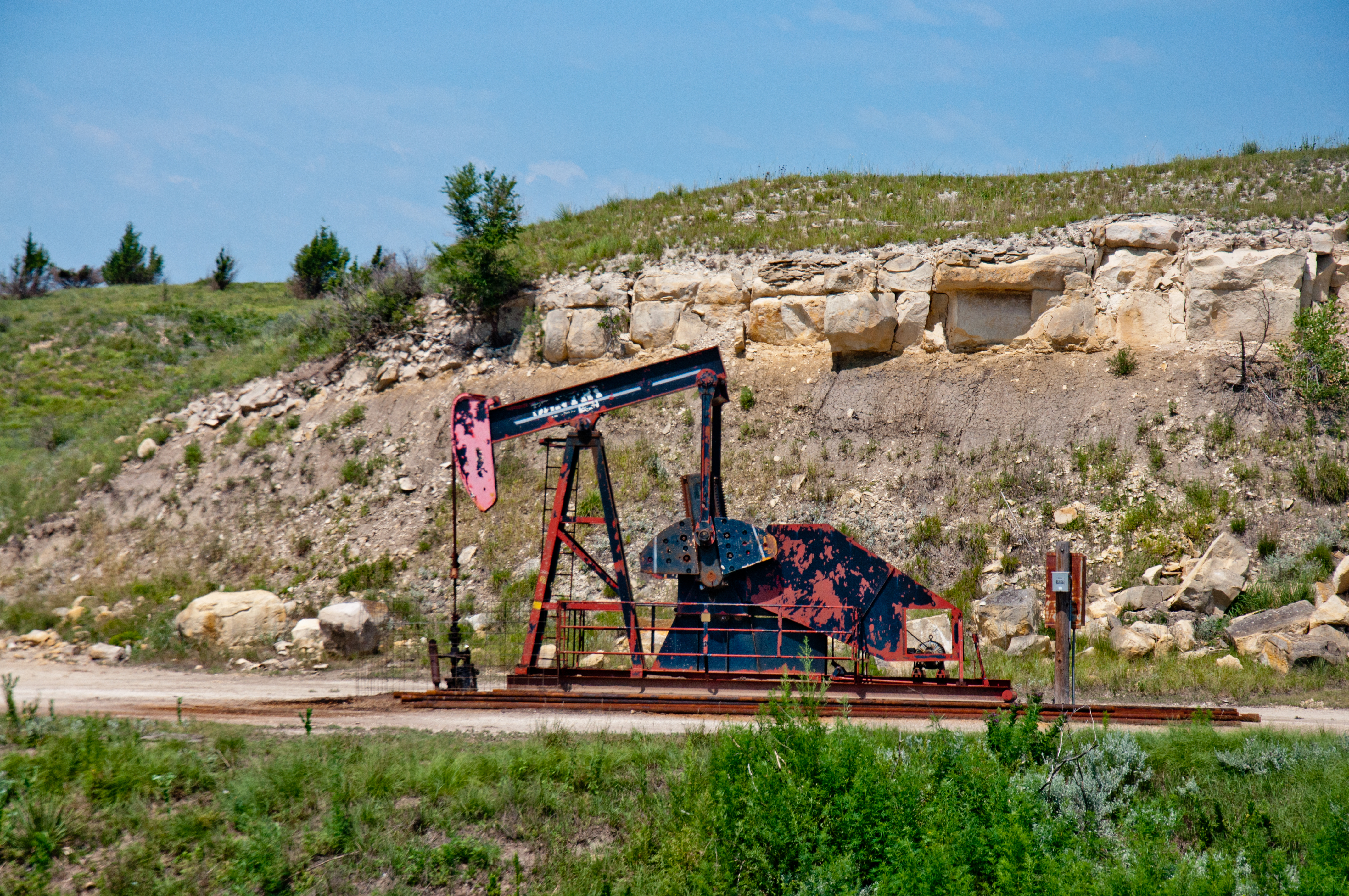By JOHN P. TRETBAR
It appears your summer vacation may be cheaper than expected, and cheaper than last year, if you’re driving. The government announced a big drop in its prediction for gasoline prices during the summer driving season. The U.S. Energy Information Administration on Wednesday reduced its average price expectations for April through September, 2019 to $2.76 [[“two seventy-six”]] per gallon. Last month EIA said that average would be $2.92 [[“two ninety-two”]] per gallon. That average last year was $2.85 [[“two eighty-five”]]. EIA expects lower crude-oil prices to drive down gasoline prices.
Independent Oil & Gas Service reports 21 active drilling rigs west of Wichita, up one for the week. Eastern Kansas was unchanged at two active rigs. Operators were preparing to spud one well in Barton County and one in Ellis County.
Baker Hughes reported 969 active drilling rigs across the U.S. Friday, down one oil rig and five gas rigs. The count in Texas was down six.
Regulators approved 31 permits for drilling at new locations across Kansas last week, 17 of them east of Wichita and 14 in Western Kansas, including two in Ellis County. We’ve seen 413 new drilling permits thus far in 2019.
There are just seven new well-completions reported statewide, according to weekly reports from Independent Oil & Gas Service. All seven were west of Wichita. That’s 677 newly-completed wells so far this year.
The government reported a slight drop in its crude oil production estimates for the week ending June 7, down to 12.28 Million barrels per day. That’s 98-thousand barrels less than the week before but 11.4 million barrels per day more than a year ago at this time. U.S. crude oil inventories increased by 2.2 Million barrels to 485.5 million. That’s about eight percent above the five year average for this time of year, according to weekly numbers from the U.S. Energy Information Administration. Crude-oil imports were down 316-thousand barrels per day last week to 7.6 million barrels per day. EIA says total gasoline inventories increased 800-thousand barrels are are now about two percent above the five year seasonal average.
The U.S. Supreme Court ruled last week that “federal law is the only law” on the Outer Continental Shelf. The high court ruled unanimously against workers on oil drilling platforms off California who argued they should be paid for the off-work time they spend on the platform, including sleeping. The workers had argued that California law requires them to be compensated for that time. Justice Clarence Thomas said in an opinion that “there has never been any overlapping state and federal jurisdiction there.”
U.S. and Canadian producers continue to outpace last year in oil-by-rail shipments. The Association of American Railroads reported 13,351 car loads of petroleum and petroleum products in the week ending June 8. That’s more than 21% higher than last year. Canada’s total was 18% higher year-on-year.
Crude oil production in North Dakota dipped in April to 41.7 million barrels, according to the state’s Department of Mineral Resources. That’s 1.39 million barrels per day, which is down about 600 barrels per day from the finalized March total. State regulators are keeping a close eye on crude prices, with North Dakota light sweet crude dropping ten dollars per barrel in the last month. Natural gas production in the state soared to another all-time high in April.
Regulators in Texas say producers there pumped more than 116-million barrels of total oil production in March, or about 3.7 million barrels per day. That’s nearly three million barrels more than February’s total, but about nine million barrels less than in March of last year. Crude oil production excluding diluent was over 101 million barrels in March. The Railroad Commission said the first-quarter production total in the Lone Star State very nearly matched last year at just shy of four million barrels per day.
The first non-Texas crude pipelines connecting to the Port of Corpus Christi were announced by Phillips 66 last week. The company announced joint ventures with Bridger Pipeline and Plains All American Pipeline, under which two new pipelines would bring oil and gas supplies from the Rocky Mountains and Bakken Formation in northwestern North Dakota to Cushing, Oklahoma and from there to the port in southern Texas. A spokesman for the project told us the pipelines will follow existing pipeline corridors across Western Kansas, and will not cross through Ellis or Barton counties.

